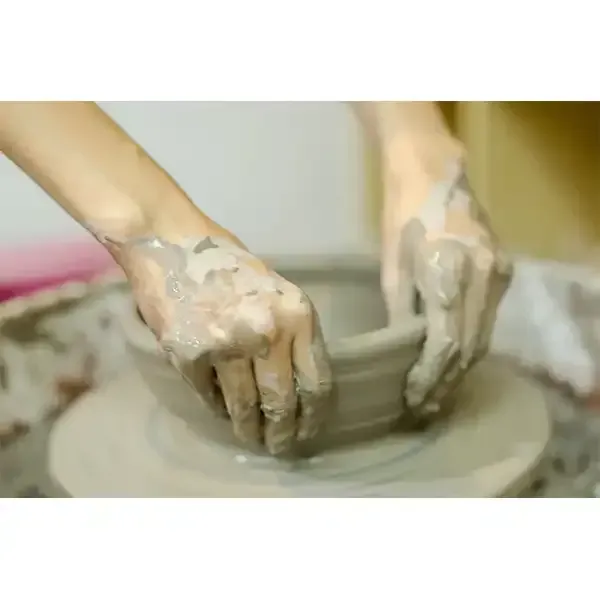The Importance of Ceramic Tile Adhesive in Modern Construction
In the realm of modern construction, ceramic tiles have always been a preferred choice for both aesthetic appeal and durability. However, the effectiveness and longevity of ceramic tiles depend significantly on the quality of the adhesive used for installation. Ceramic tile adhesive, also known as tile mortar or thin-set, plays a crucial role in ensuring that tiles adhere properly to various surfaces, providing a solid foundation for their long-term use.
Ceramic tile adhesive is formulated from a blend of materials that provide excellent bonding properties. Typically, it consists of cement, fine aggregates, and modifiers that enhance its performance. These adhesives are designed to accommodate the unique properties of ceramic tiles, such as their weight and porosity. The choice of adhesive can greatly influence the success of a tiling project, as it directly affects the tiles' ability to withstand mechanical stresses, moisture, and temperature changes.
One of the primary functions of ceramic tile adhesive is to ensure a strong bond between the tile and substrate. This is particularly important in areas prone to moisture, such as bathrooms and kitchens. Waterproof adhesives are available that prevent water from seeping beneath the tiles, which can lead to mold growth and damage to the underlying structure. By using the appropriate adhesive, homeowners and builders can significantly extend the life of their tiled surfaces.
ceramic tile adhesive

Moreover, the application of ceramic tile adhesive is important for achieving a level and uniform surface. A consistent layer of adhesive ensures that all tiles rest evenly, preventing cracks and uneven wear over time. Choosing the right thickness of the adhesive layer according to the tile size and type is essential. Thin-set adhesives are typically used for standard tiles, while thicker bed mortars may be necessary for larger, heavier tiles.
Another critical factor when selecting ceramic tile adhesive is the setting time. Rapid-setting adhesives are available for projects that require a quick turnaround. These adhesives allow for faster installation and can enable foot traffic within hours of application. Conversely, traditional cement-based adhesives may require longer curing times but offer exceptional strength and durability.
The versatility of ceramic tile adhesive is also worth noting. It can be applied to various substrates, including concrete, cement backer board, and even existing tiles, given the right preparation. This adaptability makes it an ideal choice for renovation projects where homeowners may wish to update their décor without the need for extensive demolition.
In conclusion, ceramic tile adhesive is a vital component in the successful installation of ceramic tiles. Its ability to provide strong bonding, moisture resistance, and compatibility with various substrates enhances the durability and functionality of tiled surfaces. By selecting the appropriate adhesive for specific applications, builders and homeowners alike can ensure a beautiful and lasting finish that withstands the test of time. This attention to detail not only elevates the aesthetic appeal of the space but also adds significant value to any property.
-
Rdp Powder: Key Considerations for Wholesalers in the Building Materials IndustryNewsJul.08,2025
-
Key Considerations for Wholesalers: Navigating the World of Hpmc - Based ProductsNewsJul.08,2025
-
Hpmc Detergent: Key Considerations for WholesalersNewsJul.08,2025
-
Key Considerations for Wholesalers: China Hpmc For Tile Adhesive, Coating Additives, Concrete Additives, and MoreNewsJul.08,2025
-
Crucial Considerations for Wholesalers: Navigating the World of Construction MaterialsNewsJul.08,2025
-
Key Considerations for Wholesalers Sourcing Additive For Cement, Additive For Concrete, Additive For Putty from Additive Manufacturer Shijiazhuang Gaocheng District Yongfeng Cellulose Co., Ltd.NewsJul.08,2025




